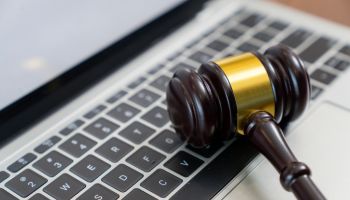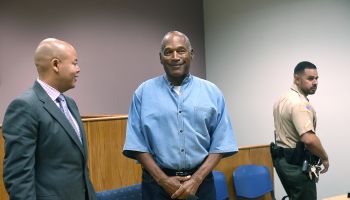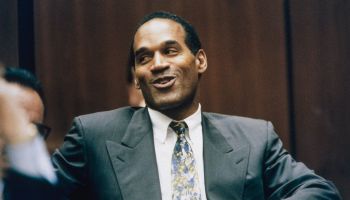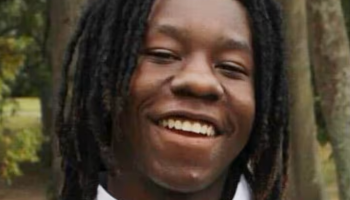MASSACHUSETTS — A Massachusetts man with a degree in physics was charged Wednesday with plotting to blow up the Pentagon and the U.S. Capitol using remote-controlled airplanes filled with explosives.
Rezwan Ferdaus, 26, was arrested in Framingham after undercover federal agents delivered materials he had allegedly requested, including grenades, six machine guns and what he believed was 24 pounds of C-4 explosive. Federal officials said the public was never in danger from the explosives, which it said were always under control and closely monitored.
Wednesday’s arrest was the latest of several terrorism cases to spring from federal sting operations. In other cases, reputed would-be terrorists became involved in fictional plots against various targets, such as Dallas skyscrapers or a Chicago nightclub. In this case, though, authorities say Ferdaus planned the scheme.
A federal affidavit says Ferdaus, of Ashland, began planning “jihad” against the U.S. in early 2010 after becoming convinced America was evil through jihadi websites and videos. He contacted a federal informant that December and months later, allegedly began meeting to discuss the plot with undercover federal agents he believed were members of al-Qaida.
RELATED:
A U.S. citizen who graduated from Northeastern University with a bachelor’s degree in physics, Ferdaus said he wanted to deal a psychological blow to the “enemies of Allah” by hitting the Pentagon, which he called “head and heart of the snake,” according to the affidavit.
“Allah has given us the privilege,” he allegedly told the informant. “… He punishes them by our hand. We’re the ones.”
Ferdaus made a brief initial appearance Wednesday in federal court on charges of attempting to destroy federal buildings and providing support to a foreign terrorist organization, al-Qaida. A detention hearing was scheduled for Monday.
Telephone messages were left at the office of his attorney, Catherine Byrne, and at the address listed for Ferdaus in the affidavit.
Several alleged domestic plots have been thwarted since the Sept. 11, 2001, terrorist attacks, including in Lackawanna, N.Y.; Portland, Ore.; and Virginia.
Terrorism arrests involving federal stings have often been followed by claims of entrapment, but none of the cases brought since Sept. 11 has been thrown out by a court on such grounds.
U.S. Rep. William Keating of Massachusetts, a member of the Homeland Security Committee, said lawmakers have been warned for months of an emerging threat from homegrown extremists. He said al-Qaida is casting a wide net to radicalize individuals or small groups already in the country because of the significant advantages.
Ferdaus is accused of planning to use three remote control airplanes measuring from 60 to 80 inches in length. He allegedly planned to pack five pounds of explosives in each plane, while saving some of it to blow up bridges near the Pentagon.
The planes, guided by GPS and capable of speeds greater than 100 mph, would hit the Pentagon and blow the Capitol dome to “smithereens,” according to Ferdaus’ plan, detailed in the affidavit. Ferdaus then planned a follow-up attack with six people divided into two teams, all armed with automatic weapons, according to the affidavit.
Ferdaus traveled to Washington in June to do surveillance, the affidavit said, and he drew up a 15-phase attack plan. He also allegedly rented storage space to work on the planes in Framingham, telling the manager he planned to use the space for music.
Asked at one point about possibly killing women and children, Ferdaus allegedly said all unbelievers of Islam were his enemies.
Prosecutors also accuse Ferdaus of supplying the undercover agents with cellphone devices he said could be used to remotely detonate explosives. When the undercover agents falsely told him the devices had been used to kill three U.S. soldiers in Iraq, he allegedly became visibly excited and said he felt “incredible. … We’re changing the world.”
Ferdaus is unmarried and has no children, the affidavit said.
He had at least one previous brush with the law. In 2003, The Boston Globe reported that he and two other Ashland High School seniors were accused in a vandalism spree at the school.
















